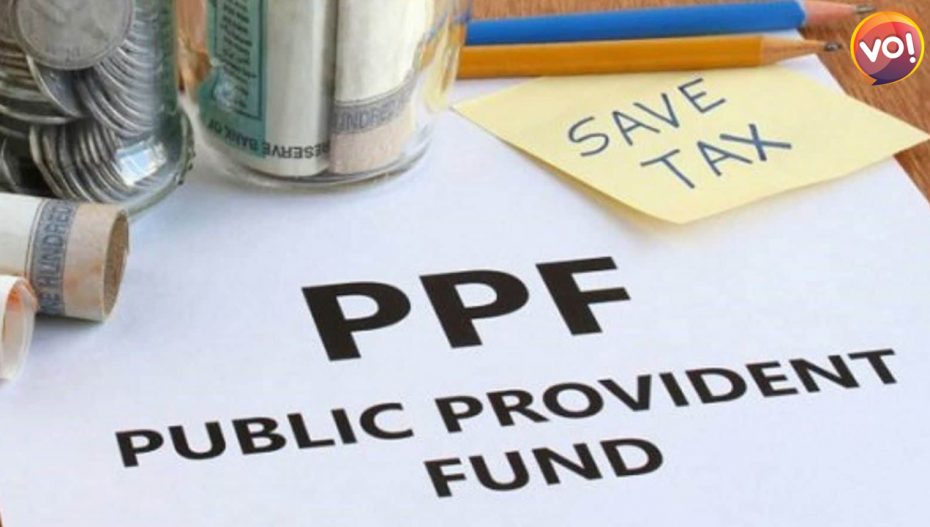The Public Provident Fund is one of the most popular investment schemes of the government of India. At present, with a rate of interest of 7.1% compounded annually, it is one of the safest and most common investment schemes in India. It guarantees assured returns on the amount, provides tax benefits under Section 80C of income tax, and is legally unattachable by the authorities for any other recovery.
Public Provident Fund ( PPF) was initially introduced in India in 1968. It was overruled by the new scheme introduced by Central Government in 2019, i.e Public Provident Fund Scheme, 2019. The new scheme made certain amendmanets in the old one. Here are some key changes made.
A/c Opening by guardian on behalf of a person of unsound mind
In the PPF scheme, 1968, there was no such provision to open an account on behalf of a person of unsound mind by a guardian. In 2019 scheme, an individual may also open such an account.
Amount of initial subscription changed from Rs.100 to Rs.500 in
The amount of initial subscription has changed to Rs.500 in new scheme, from Rs.100 in old scheme. Also, earlier, one could deposit upto Rs.150,000 in 12 instalments or less in a financial year in flexible instalments in multiples of Rs. 100. In new scheme, the cap on number of instalment upto 12 only is removed. Also, the instalments could be in multiples of Rs 50 instead of Rs.100 earlier.
Rate of interest on loan is reduced to 1%
The interest rate for repayment of loan in PPF Scheme, 1968 was 2% which is reduced upto 1% of principal amount.
Withdrawal rules changed with respect to loan taken
Earlier, a person who has already obtained Loan now wishing to withdraw from PPF had to reduce the amount of outstanding loan from the amount of withdrawal. Under new scheme, a person would have to repay the amount of loan outstanding alongwith interest before availing the facility of withdrawal.
Premature closure in case of change in residential status
Under new scheme, premature closure of account is allowed in case of a person having PPF becomes NRI during the course of the account. Earlier, if a resident PPF account holder subsequently became a non-resident during the currency of the maturity period, the account was deemed to be closed with effect from the day he became a non-resident. Interest with effect from the date of change in residential status was paid at the rate applicable to the Post Office Saving Account.
Also Read: Demat Accounts Cross 100 Million Mark For First Time In India













